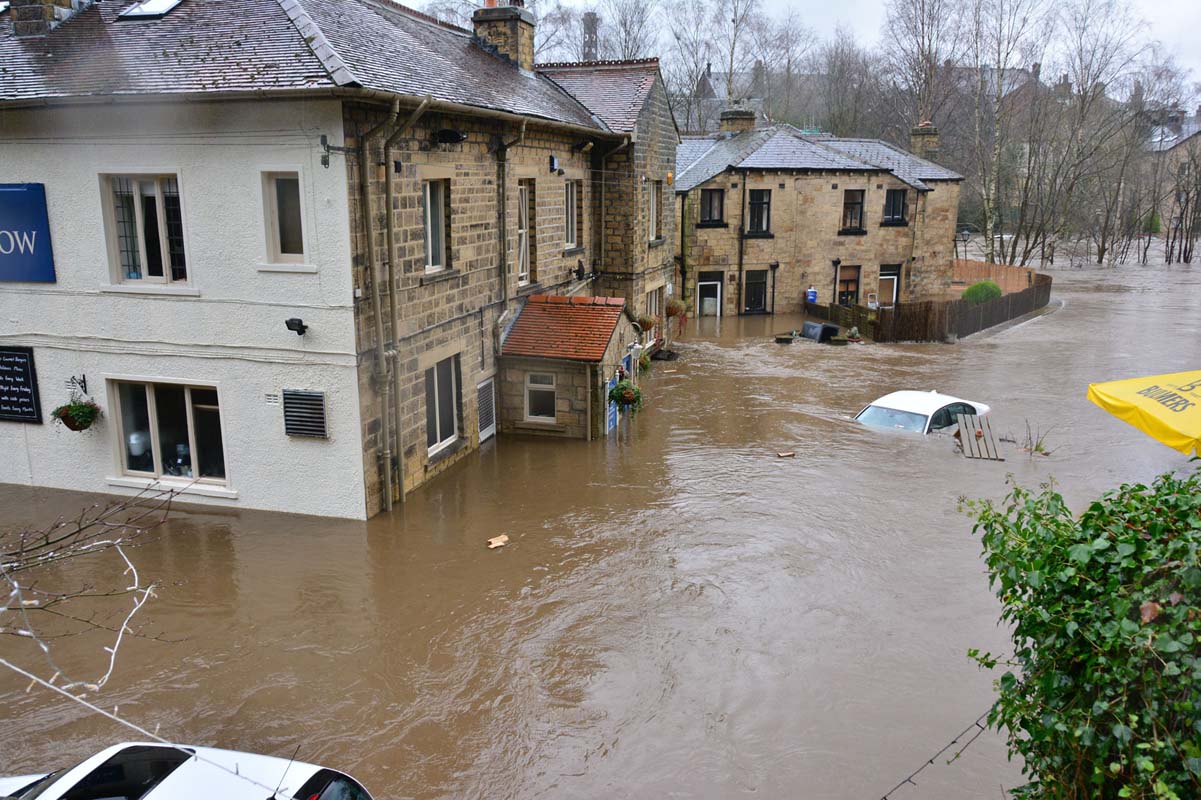
403
Sorry!!
Error! We're sorry, but the page you were looking for doesn't exist.
Severe Flooding in DR Congo’s Tanganyika Province Displaces Nearly 10,000: UNHCR
(MENAFN) Severe flooding in Tanganyika province, Democratic Republic of Congo, has displaced nearly 10,000 people, following weeks of torrential rain, the UN Refugee Agency (UNHCR) reported on Tuesday.
"This unfolding emergency reflects the double crisis facing the DRC, where extreme weather shocks such as flooding compound the suffering caused by ongoing conflict and mass displacement," stated UNHCR spokesperson Eujin Byun at a meeting in Geneva.
The Rugumba River has overflowed, submerging large parts of Kalemie and Nyunzu territories. The flooding has destroyed homes, schools, and agricultural land, leaving thousands without shelter or means of livelihood. Stagnant, contaminated floodwaters are also raising concerns over disease outbreaks, with cholera cases in the region already six times higher than during the same period last year.
Since January, Tanganyika has also seen an influx of around 50,000 people fleeing violence in South Kivu, many of whom had been staying in buildings now damaged by the floods. "The floods also wiped out key crops like cassava, maize, and peanuts, worsening an already serious food insecurity situation in the country," Byun added.
The UNHCR warned that 2.3 million people across four conflict-affected provinces—South Kivu, North Kivu, Ituri, and Tanganyika—are facing life-threatening hunger.
Although emergency aid is being provided, Byun emphasized that "response efforts are hindered by critical funding gaps, leaving thousands without the aid they urgently need."
Byun also noted the troubling trend of refugees returning to Congo from Burundi, citing "dire living conditions, including limited access to food, shelter, and basic services," despite ongoing conflict. "Nearly 120,000 people have so far arrived in Burundi, Tanzania and Uganda," she said. "This trend highlights the urgent need for increased support in both host countries and return areas."
The UNHCR has received only 20% of the funding it needs to address the crisis in Congo.
"This unfolding emergency reflects the double crisis facing the DRC, where extreme weather shocks such as flooding compound the suffering caused by ongoing conflict and mass displacement," stated UNHCR spokesperson Eujin Byun at a meeting in Geneva.
The Rugumba River has overflowed, submerging large parts of Kalemie and Nyunzu territories. The flooding has destroyed homes, schools, and agricultural land, leaving thousands without shelter or means of livelihood. Stagnant, contaminated floodwaters are also raising concerns over disease outbreaks, with cholera cases in the region already six times higher than during the same period last year.
Since January, Tanganyika has also seen an influx of around 50,000 people fleeing violence in South Kivu, many of whom had been staying in buildings now damaged by the floods. "The floods also wiped out key crops like cassava, maize, and peanuts, worsening an already serious food insecurity situation in the country," Byun added.
The UNHCR warned that 2.3 million people across four conflict-affected provinces—South Kivu, North Kivu, Ituri, and Tanganyika—are facing life-threatening hunger.
Although emergency aid is being provided, Byun emphasized that "response efforts are hindered by critical funding gaps, leaving thousands without the aid they urgently need."
Byun also noted the troubling trend of refugees returning to Congo from Burundi, citing "dire living conditions, including limited access to food, shelter, and basic services," despite ongoing conflict. "Nearly 120,000 people have so far arrived in Burundi, Tanzania and Uganda," she said. "This trend highlights the urgent need for increased support in both host countries and return areas."
The UNHCR has received only 20% of the funding it needs to address the crisis in Congo.

Legal Disclaimer:
MENAFN provides the
information “as is” without warranty of any kind. We do not accept
any responsibility or liability for the accuracy, content, images,
videos, licenses, completeness, legality, or reliability of the information
contained in this article. If you have any complaints or copyright
issues related to this article, kindly contact the provider above.


















Comments
No comment